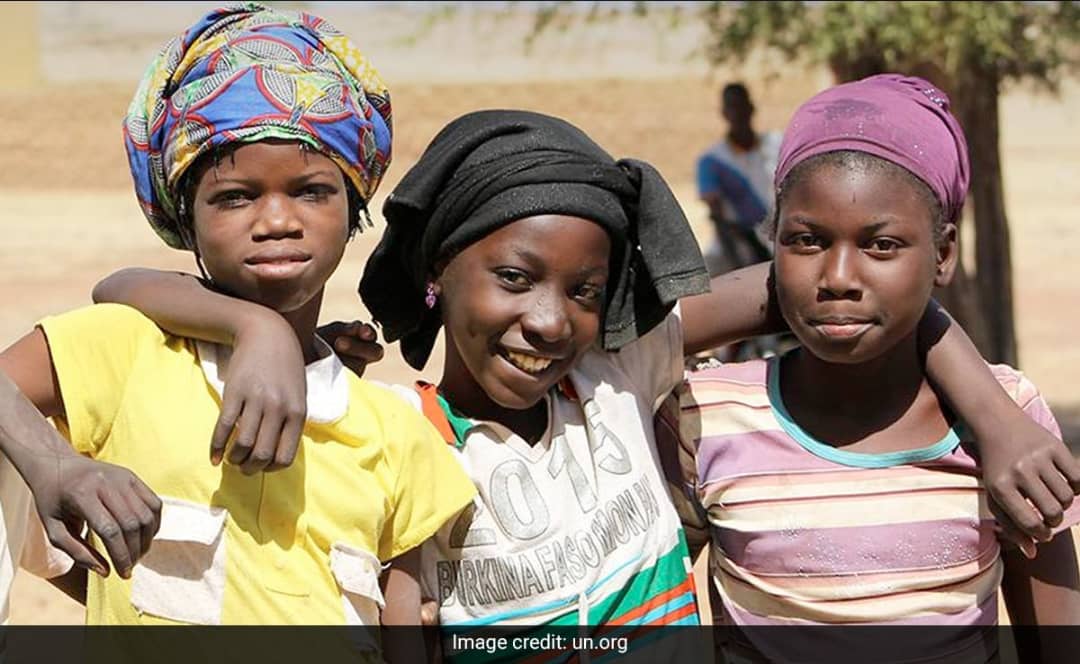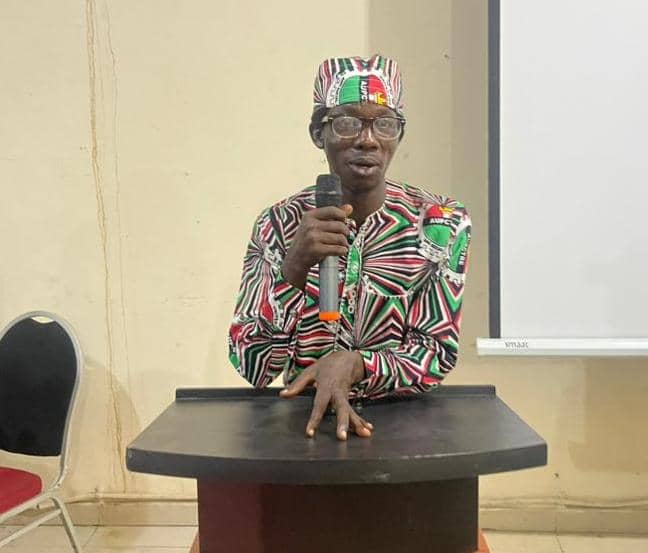Girl-Child Day: CJAN Calls for Urgent Reforms in Education, Youth Employment
As the world marks the International Day of the Girl Child, the Corpers’ Journey Advocacy Network (CJAN) has called for urgent reforms to address the deepening crisis of girl-child education and youth unemployment in Nigeria, describing the situation as “a ticking time bomb for the nation’s future.”
In a Press release by the Managing Director, Ajayi Taiwo, said millions of Nigerian girls are being denied access to quality education and equal opportunities, warning that the neglect of girl-child development poses a serious threat to national growth.
He noted that According to UNICEF, over 7.6 million girls in Nigeria are currently out of school — 3.9 million at the primary level and 3.7 million at the junior secondary level. Taiwo said the figures reflect a “systemic failure” worsened by early marriage, gender-based violence, poverty, and insecurity, particularly in the northern part of the country.
“The numbers are alarming. When over seven million girls are out of school, it’s not just an education problem — it’s an economic and social crisis,” Taiwo said. “No country can achieve sustainable development when a significant portion of its female population is left behind.”
Citing a World Bank report that shows over 66 percent of Nigerian girls drop out before completing junior secondary school, Taiwo said the lack of retention-focused interventions is widening gender inequality. He also referenced data from the National Bureau of Statistics (NBS) which puts youth unemployment at 6.5 percent and the NEET (Not in Education, Employment, or Training) rate at 14.4 percent among youths aged 15 to 24 — with females recording a higher rate.
He added that the figures underscore “the urgency for government and stakeholders to move from talk to action.”
CJAN’s Recommendations
To bridge these gaps, CJAN proposed a comprehensive reform agenda focused on empowering girls through education, mentorship, and post-service opportunities.
Among its key recommendations are the integration of digital literacy, coding, and entrepreneurship training into school curricula and NYSC skill acquisition programs; the establishment of mentorship and safe reporting channels for female corps members and adolescent girls, especially in rural areas; and the creation of post-service empowerment schemes to provide start-up grants and business incubation support for female ex-corps members.
On policy implementation, the organization urged the government to ensure that girls are direct beneficiaries of education and youth initiatives through effective oversight and sex-disaggregated data tracking to improve intervention targeting.
“Investing in girls is not charity — it is a strategic investment in Nigeria’s stability and prosperity,” Taiwo stated. “An educated girl becomes a productive woman, a better mother, and a contributor to national development.”
He called on the government, private sector, and civil society to collaborate in addressing gender disparities and creating a safer, more inclusive environment for Nigerian girls.
“As we celebrate the International Day of the Girl Child, we must remember that progress starts with action,” he added. “Every girl deserves the opportunity to learn, lead, and thrive.”














Post Comment